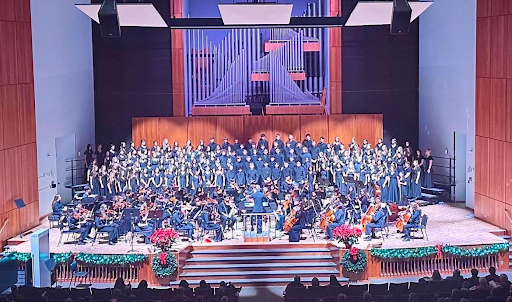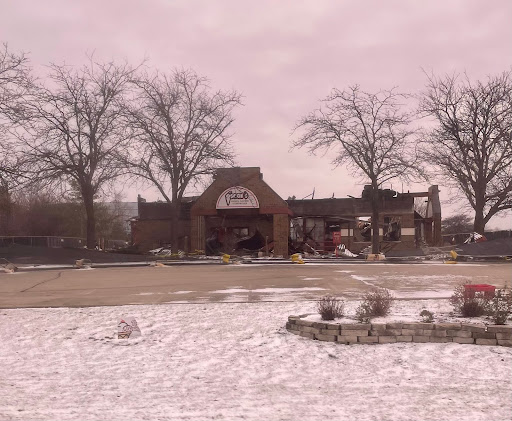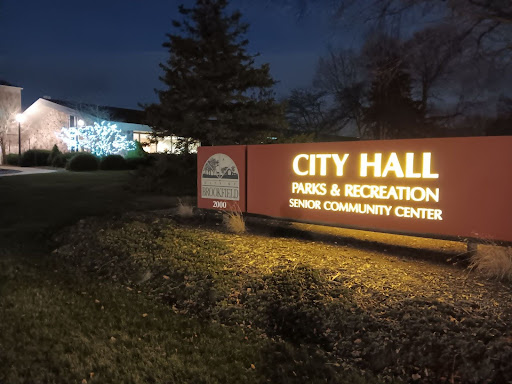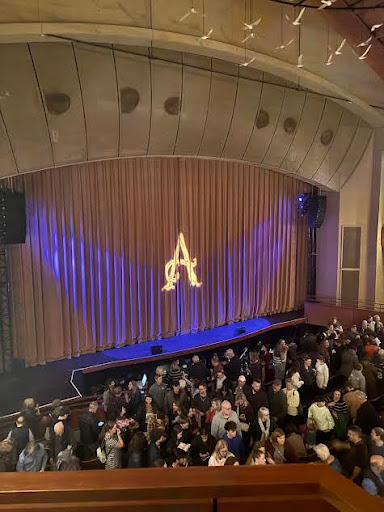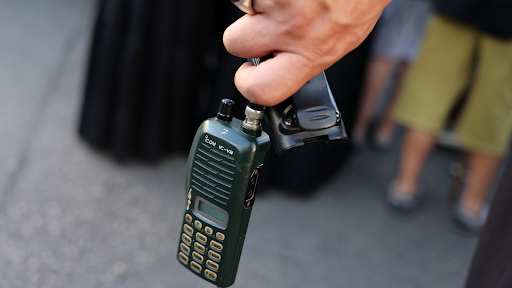
Hundreds of pagers in the possession of Hezbollah, a Lebanese military group and political party, suddenly detonated on Tuesday, September 17th. At least 12 deaths and around 3,000 injuries were recorded among Hezbollah operatives and Lebanese and Syrian citizens alike. The very next day, a second round of explosions, allegedly sourced from walkie-talkies held by Hezbollah members, erupted outside of Beirut, the Lebanese Capital, and in cities across southern Lebanon. Lebanon’s Health ministry has estimated that this disaster killed 20 people and injured 450 more. The latter have made their way to hospitals around the country joining the ranks of Tuesday’s victims and placing more strain on the already overwhelmed healthcare industry.
Representatives of Hezbollah have released a statement blaming Israel for the attacks. Although Israel initially refused to comment, President Isaac Herzog would later deny all responsibility on September 22nd.
The international media remains skeptical of this claim as tension between Israel and Hezbollah have been prevalent. Hezbollah announced its support of Palestine following the start of the Hamas-Israel conflict in October of 2023. The resulting blows traded by Hezbollah and Israel have culminated in over 560 Lebanese deaths, 50 Israeli deaths, damage to infrastructure, and displacement of entire communities. Israel has reportedly been planting modified walkie-talkies in Lebanon since 2015, but these were only ever for surveillance purposes. However, in late 2023, Hezbollah had purchased 5000 pagers made by the Taiwanese manufacturer Gold Apollo, as well as handheld radios made by Japanese manufacturer Icom. Allegedly, these devices had contained trace amounts of the explosive PETN in their batteries, which had gone unnoticed by Lebanese security. Although this type of tampering occurs at the production level, both Gold Apollo and Icom have denied any involvement.
Because of the explosions, Lebanese public schools have been shut down until November 4th, and pagers and walkie-talkies are banned on all flights arriving to or leaving Beirut. This has only added to the atmosphere of paranoia and fear felt by citizens. On a more positive note, the Lebanese healthcare systems have been commended for their initiative in helping victims: “The response was good and most importantly, we were able to get care to those who needed it, especially for those with serious injuries”, spoke Health Minister Firas Abiad during a press conference on September 18th.
It was on that same date that Hezbollah released their statement blaming Israel and condemning its “criminal aggression”. Hezbollah’s claim has been backed by similar declarations from Iran and Syria. Organizations such as the United Nations have taken a more neutral ground, but still denounce the collateral damage of the attacks: “I think it’s very important that there is an effective control of civilian objects, not to weaponize civilian objects…” said Secretary-General Antonio Guterres at a UN briefing. Other groups have provided similar opinions and publicly offered support to Lebanon.
Israeli officials continue to deny any involvement in the explosions, and have revealed plans to shift their forces north toward Lebanon’s border in anticipation of a counterattack.
Internationally, the disaster has placed more pressure on countries in the UN to interfere in the Israel-Palestine conflict and call for a ceasefire. Global awareness of the issue is only increasing, as is the potential for escalation.


